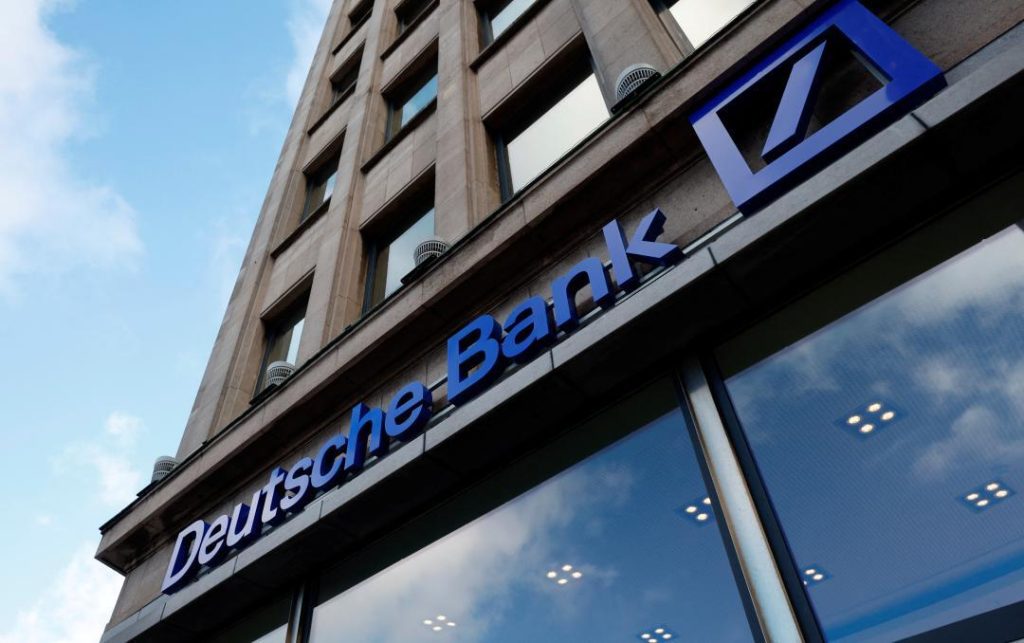
Germany Got $1 Trillion for Free: Deutsche Bank Chairman Alexander
In a recent statement, Deutsche Bank Chairman Alexander Wynaendts revealed that Germany has secured an additional €1 trillion ($1.1 trillion) in funding virtually “for free” due to the positive reaction of bond markets to its historic spending plans. This news has sent shockwaves throughout the financial world, with many experts and analysts weighing in on the implications of this massive injection of capital.
According to Wynaendts, Germany’s bond markets responded positively to the country’s plans to increase its defence and infrastructure spending, which has resulted in the unlocking of hundreds of billions of euros in debt-financed funding. This means that Germany will have access to a vast amount of capital to invest in various sectors, including defence and infrastructure, without having to pay a significant premium in terms of interest rates.
This development is seen as a major boost for Germany’s economy, which has been facing challenges in recent years due to the impact of the COVID-19 pandemic and the ongoing trade tensions with the United States. The country’s government has been under pressure to increase its spending on key sectors such as defence and infrastructure, and this injection of capital could not have come at a better time.
However, Wynaendts also cautioned that Germany must use this funding wisely and advance structural reforms to ensure that the economy remains stable and sustainable in the long term. He warned that the country cannot simply rely on debt-financed spending to boost its economy, but rather must focus on implementing reforms that promote growth and competitiveness.
“This is a historic moment for Germany, and we must use this opportunity to drive structural reforms and invest in areas that will drive growth and competitiveness,” Wynaendts said. “We cannot simply rely on debt-financed spending to boost our economy, but rather must focus on implementing reforms that promote growth and competitiveness.”
Wynaendts’ comments are in line with the views of many other experts and analysts who have been warning about the dangers of excessive debt and the need for structural reforms to promote economic growth and stability. Germany has been criticized in the past for its high levels of debt and its failure to implement meaningful reforms to address these issues.
The European Union has been pushing Germany to increase its spending on defence and infrastructure, and this injection of capital could be seen as a major victory for the country. However, Wynaendts’ warning about the need for structural reforms suggests that Germany must not become complacent and must continue to work towards implementing meaningful reforms to promote economic growth and stability.
In conclusion, Germany’s securing of an additional €1 trillion in funding “for free” is a major development that has the potential to boost the country’s economy and drive growth and competitiveness. However, it is essential that Germany uses this funding wisely and advances structural reforms to ensure that the economy remains stable and sustainable in the long term.






